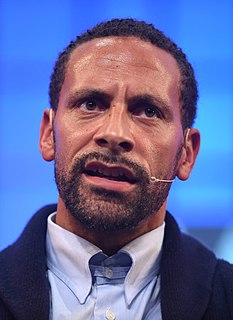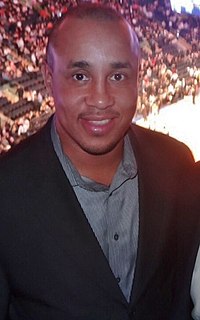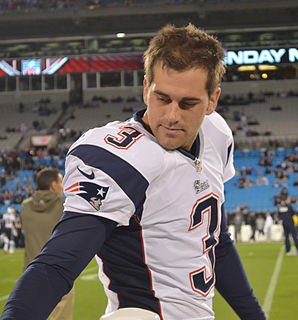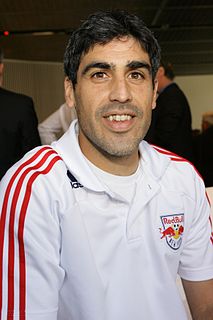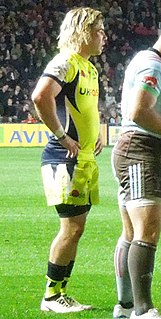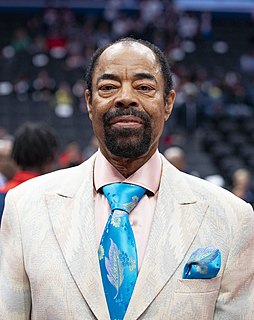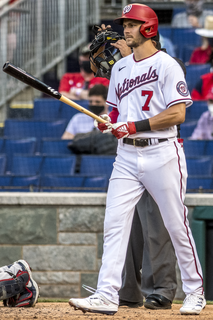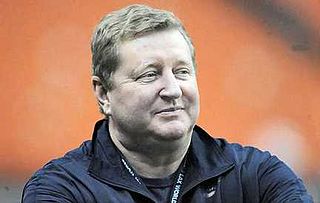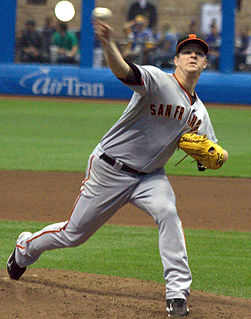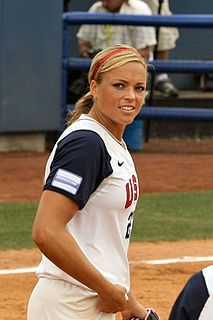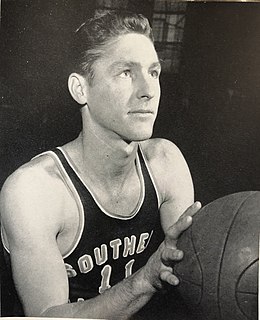A Quote by Rio Ferdinand
If any player has a bad game its there in the back of your mind in the next game. Theres always a hangover. It is like a wounded animal in a way, as you want to get out there as quick as possible and rectify it.
Related Quotes
Always keep your foes confused. If they are never certain who you are or what you want, they cannot know what you are like to do next. Sometimes the best way to baffle them is to make moves that have no purpose, or even seem to work against you. Remember that, Sansa, when you come to play the game.” “What . . . what game?” “The only game. The game of thrones.” -(Littlefinger)
We are told No, you're unimportant, you're peripheral - get a degree, get a job, get a this, get that, and then you're a player. You don't even want to play that game. You want to reclaim your mind and get it out of the hands of the cultural engineers who want to turn you into a half-baked moron consuming all this trash that's being manufactured out of the bones of a dying world.
It's possible at any time during a player's career to get into top physical shape or to try to win every game! But you can't teach skills to an old player. Youth coaches should keep in mind that individual skills need to be nurtured at an early age. Players who haven't mastered the fundamental skills become frustrated because the game gets too difficult for them as they move into higher levels.
The massive thing that has changed for me was the game management aspect. I still get it wrong sometimes, we all do, when to attack and when to kick, how to control the game, speeding it up and slowing it down. Whereas I used to just go flat out, as hard as I can, get the ball out and get to the ruck as quick as possible.
When a player keeps a calm demeanor on the court, it's easier for his ability to shine. The best response to an opposing player's physical or psychological tactics is to keep cool and come right back at him with the force of your game, not your fists. Revenge is always sweeter if your team wins the game.
So much of the game is mental, and that's one thing that I've always wanted to be good at. That if I miss a shot or make a bad play, to never let your opponent see that you are in duress or upset - that they've won in any way. So if I make a big game-time bucket or if I miss a shot, you'll see the same mannerisms. I move on to the next play.
I think that when young players really see their game rise next level, it's when practices are like competition and there's no separation there. Of course, there are adrenaline and the butterflies; you don't have that so much in practice. You want to fake yourself out and try to get them there because you want to be as close to that game mentality as you can when you step on that field every single day whether it's practice or in your backyard or down the street with your dad.
